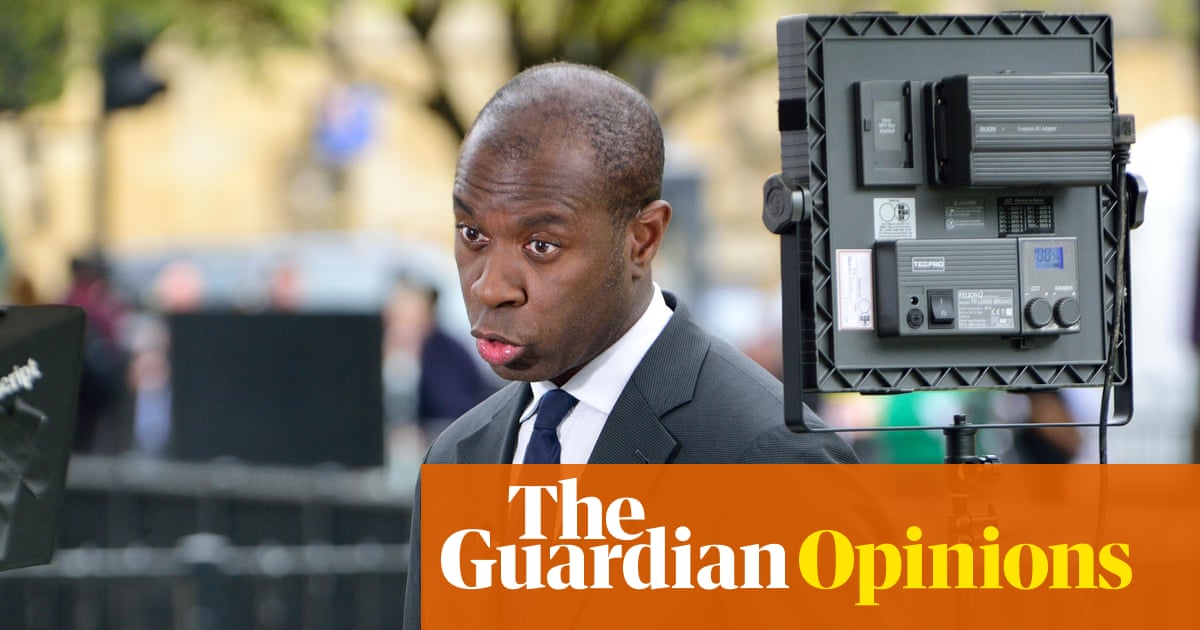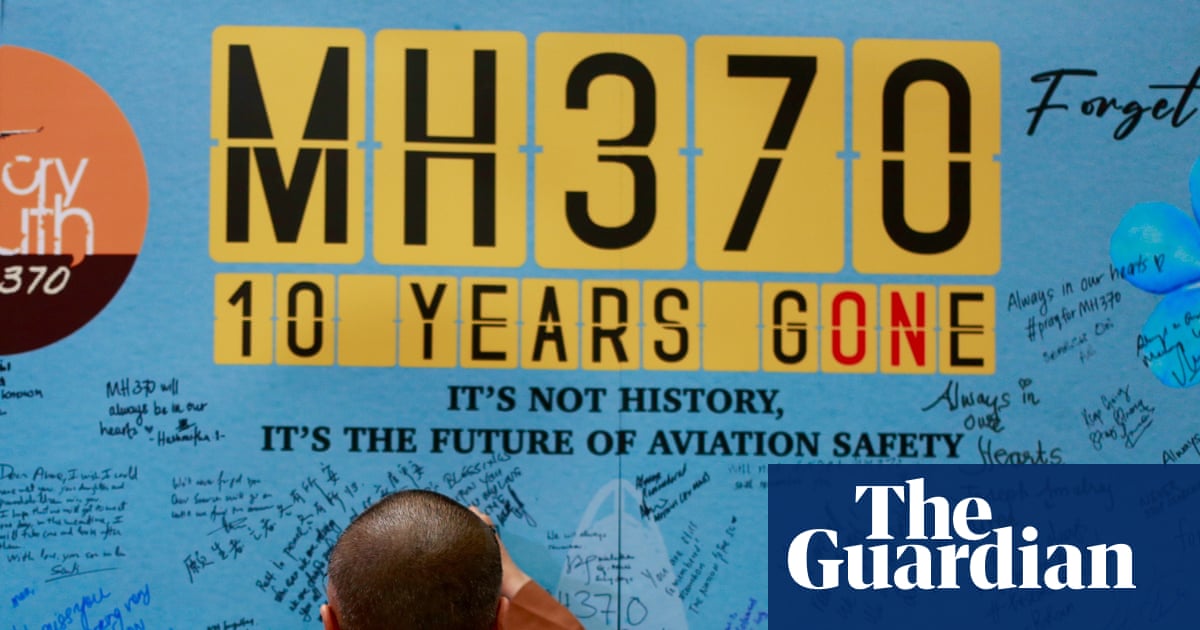One hundred and twenty miles from Westminster, it felt like I had arrived at the perfect place to understand the meaning of Angela Rayner’s exit from the government: Reform UK’s brief conference, a giddy and surreal gathering of about 10,000 people in a hangar-like box on the edgelands of Birmingham.
News of her resignation broke a couple of hours into the event’s first day, and the symbolism was glaring. Among midday pints, onstage pyrotechnics and a huge stand advertising the wonders of investing in gold, a party led by those bumptious public schoolboys Nigel Farage and Richard Tice was suddenly rejoicing in the departure of British politics’ most prominent working-class woman. The news, moreover, only boosted an atmosphere of energy and optimism, laced with a delighted surprise at what might be the UK’s defining political fact. We all know it: this new party has a tiny handful of MPs, no meaningful policy platform and a worldview that constantly blurs into conspiracy theory, but Reform UK is on course to either form or lead the next British government.
There are lots of reasons for that, and most of them cast very harsh light on the failings of Keir Starmer and his allies. As toxic as its messages always are, Reform has vivid and simple stories – about immigration, diversity and the supposedly endless failings of the two traditional parties. Its leading figures instinctively understand that politics has long since turned raw and primary-coloured. And it uses its complete inexperience of power as an advantage: the only answer to the UK’s inertia and failure, it says, is to hand the keys to untried outsiders.
Whether we like it or not, Farage is also the embodiment of the transformation of politics by celebrity culture, a change massively accelerated by the dominance of social media. Jargon-heavy, technocratic, man-in-a-suit politics suits neither our modern means of communication, nor a world that seems to be constantly gripped by noisy chaos. Instead, success increasingly requires an altogether more performative, authentic – or, in his case, faux-authentic – style of leadership, and the ability to confidently rise above the din and make yourself heard.
With all that in mind, look at the Starmer government and where the events of the past few days leave it. Rayner was hardly a political wizard, but until she was swamped by stories about stamp duty and seaside flats, she was probably the only Labour high-up who brought a visibly human element to the business of government, and could talk movingly about life at the sharp end. Her policy priorities – not least her energetic championing of social housing – were focused on exactly the parts of the electorate to whom Farage most powerfully speaks. Moreover, she was at least a modest counterweight to the power wielded by Starmer’s chief of staff, Morgan McSweeney – who has seized the opportunity provided by her resignation for a reshuffle, and seemingly encouraged Starmer to lean even further into the blank, technocratic approach that has defined this government from the start.
At cabinet level, there has been a frenzy of job swapping, but no sense of any rethink. We will see what transpires at Labour’s conference, but the PM and his colleagues still seem to be spurning narratives and stories in favour of the vapid idea that power can be reduced to a model of “delivery” that shows no real signs of actually delivering anything. If you want an instant sense of how little this has to offer, look again at the video Starmer put out a few days before the Rayner crisis: 35 tedious seconds in which he talks about getting “all the No 10 staff together” and “marching forward to the next phase of government”. The resulting feeling is all too familiar: he looks like a man standing close to a burning house, promising a set of new shelves and a couple of nice rugs.
Meanwhile, some of the biggest questions about what he and his colleagues are doing centre on the government’s approach to what Farage thinks is his strongest ground. The new home secretary is the Birmingham MP Shabana Mahmood – who, we are told, will intensify the government’s cold, punitive rhetoric on asylum, immigration and so-called small boats. Clearly, the government needs to sort out the chaos in the asylum system, and it should sometimes talk – carefully – about the challenges of integration. But as evidenced by Starmer’s “island of strangers” speech, it is actually floundering into much more dangerous political spaces, again and again.
For yet more proof, go back only a fortnight, to the speech Farage gave about mass deportations, paying the Taliban to take back people who come here from Afghanistan, and yet another suggestion that the UK is on the brink of social collapse. Starmer’s spokesperson declined to criticise any of it. Labour, in other words, does not want to contest his most fundamental ideas, nor point out how dangerous they are; indeed, its instinct is to blankly validate them. The result: Reform UK is not just riding high thanks to Farage’s shamelessness and skill. Amazingly, Labour is actively helping.
after newsletter promotion
Which brings us to the awful urgency of this moment. If Reform UK succeeds in taking power, what does anyone think will happen to state education, our systems of justice, crime and punishment, or the BBC? What will everyday life feel like amid Farage’s promised mass deportations? If you woke up a couple of weeks ago and found your neighbourhood suddenly covered in flags (note the pathetic response of Yvette Cooper, the-then home secretary: “Oh put ’em up anywhere. I would put them up anywhere”), imagine the people who glory in that kind of sectarian territory-marking running the country. Then watch Starmer in action, and ask yourself: does he understand what’s at stake here?
Of course, there is nothing easy about any of this: to shout “be bold” and deny the gravity of the government’s predicament would be as crass as many of its own pronouncements. But deep uncertainties nag away, and Rayner’s exit makes them even more pressing. In a new political age, does the prime minister understand what leadership really involves? And even if he does, can he actually provide it?
Those concerns can be put another way, which cuts straight to the ice-cold political winds that I felt whirling around Birmingham. The idea that we are at one of the gravest moments in our peacetime history might sound melodramatic, but it has to be confronted. And so does a question that will sooner or later become unavoidable: does Starmer’s presence at the top help or hinder the onward march of the darkest forces to have ever been so close to taking control?
-
John Harris is a Guardian columnist

 3 months ago
71
3 months ago
71

















































